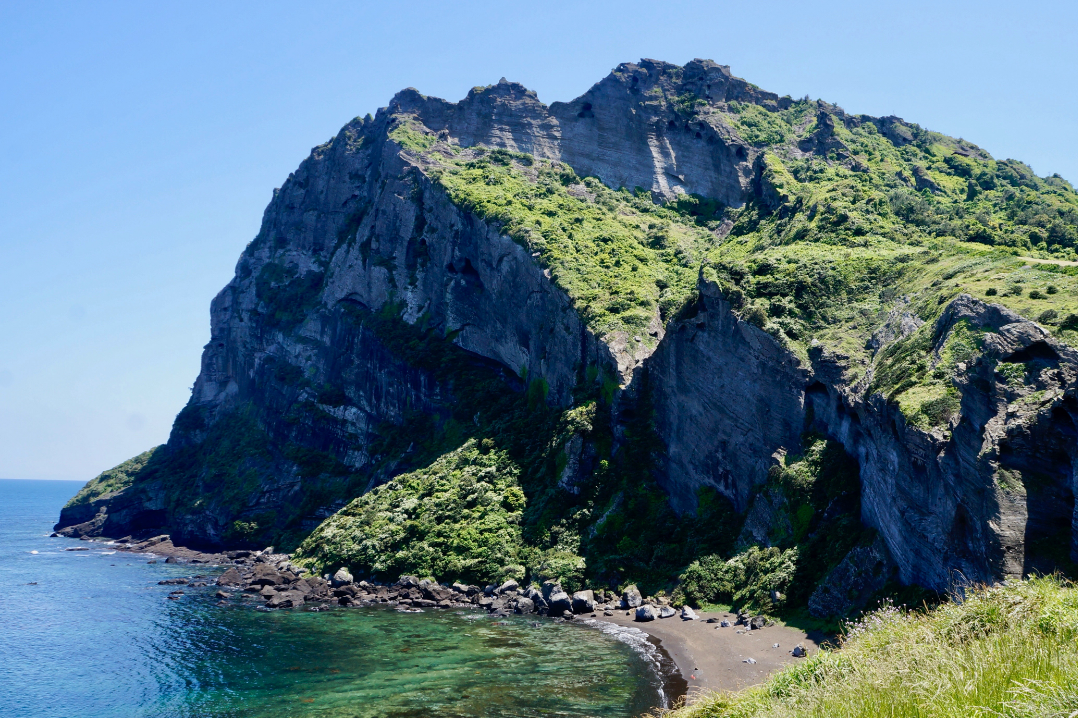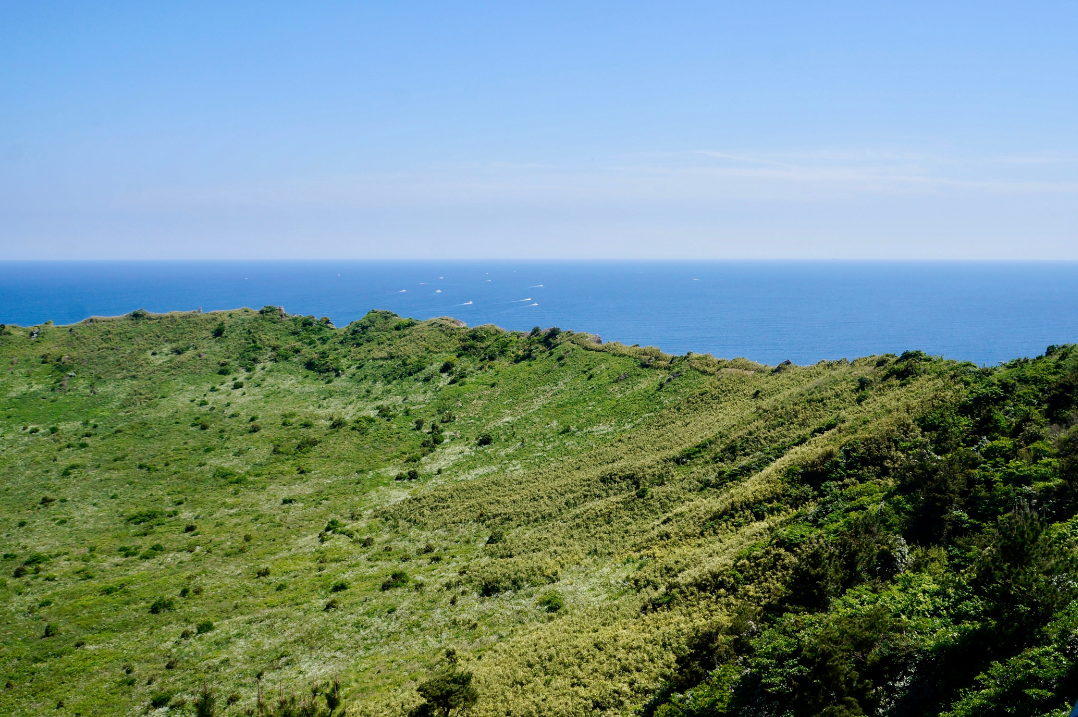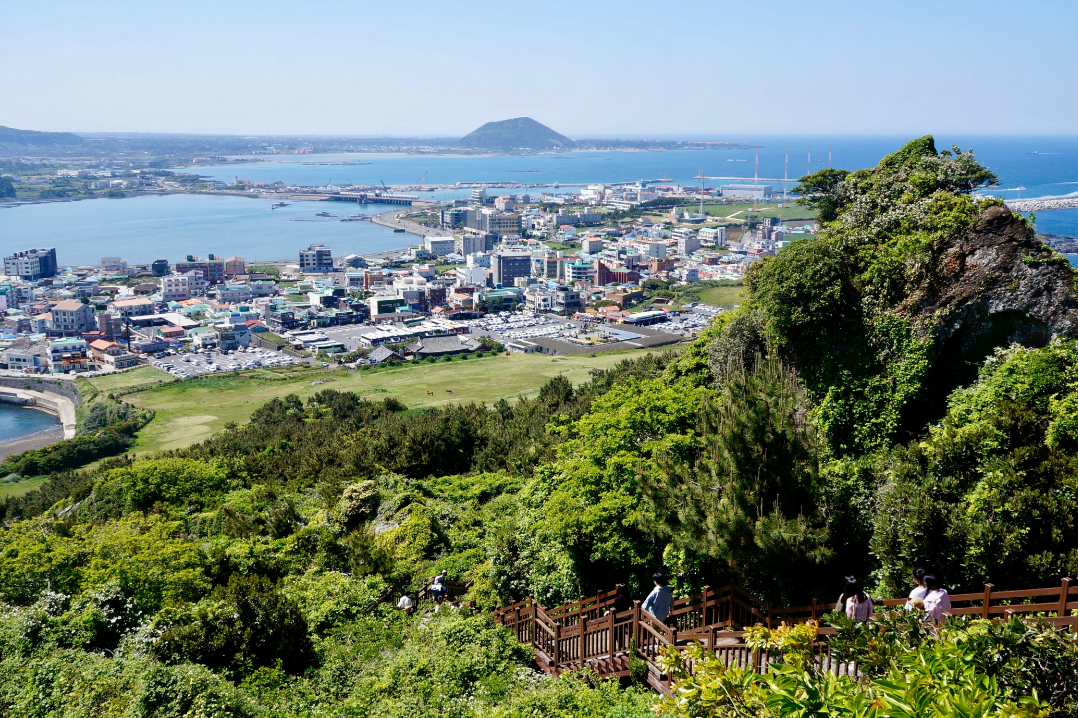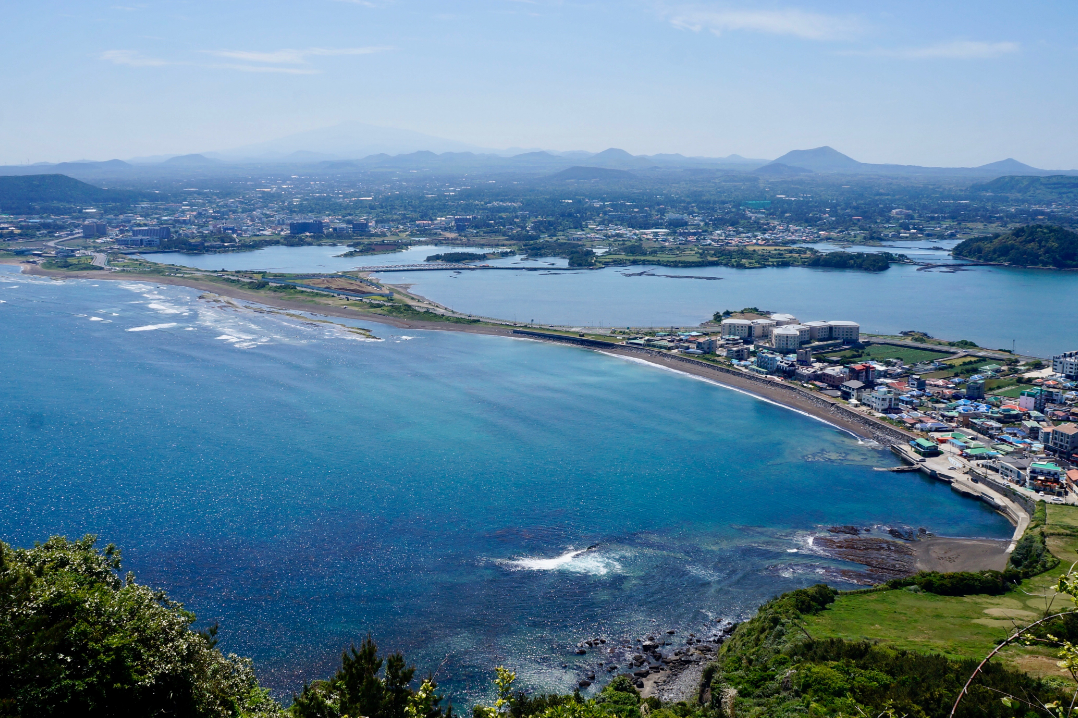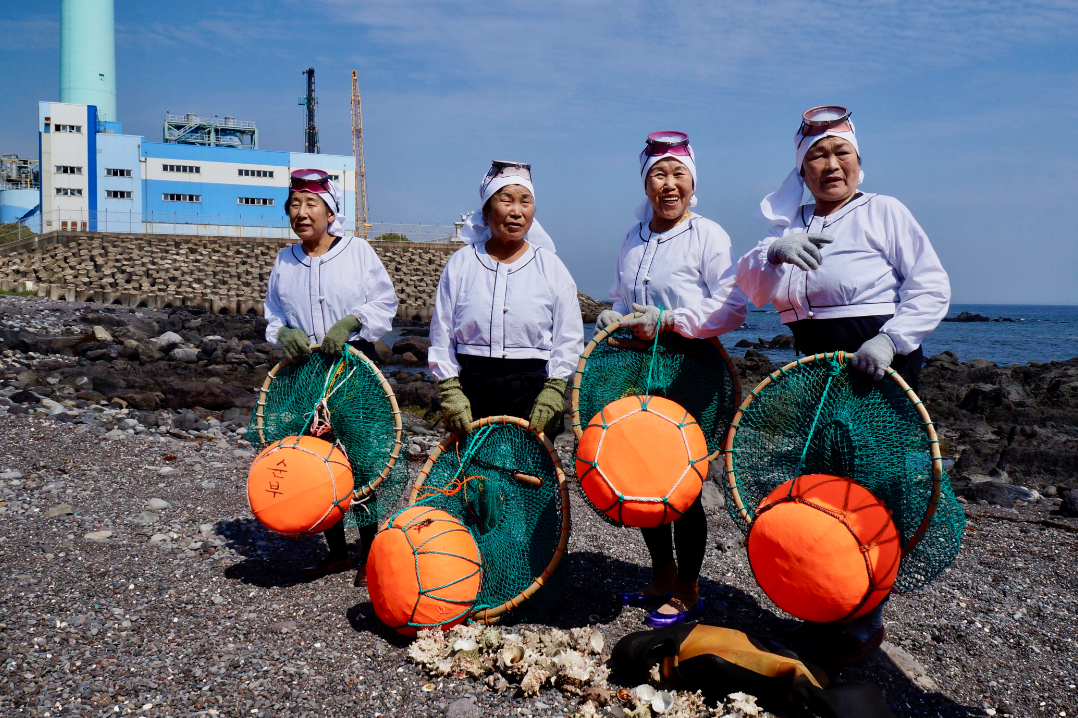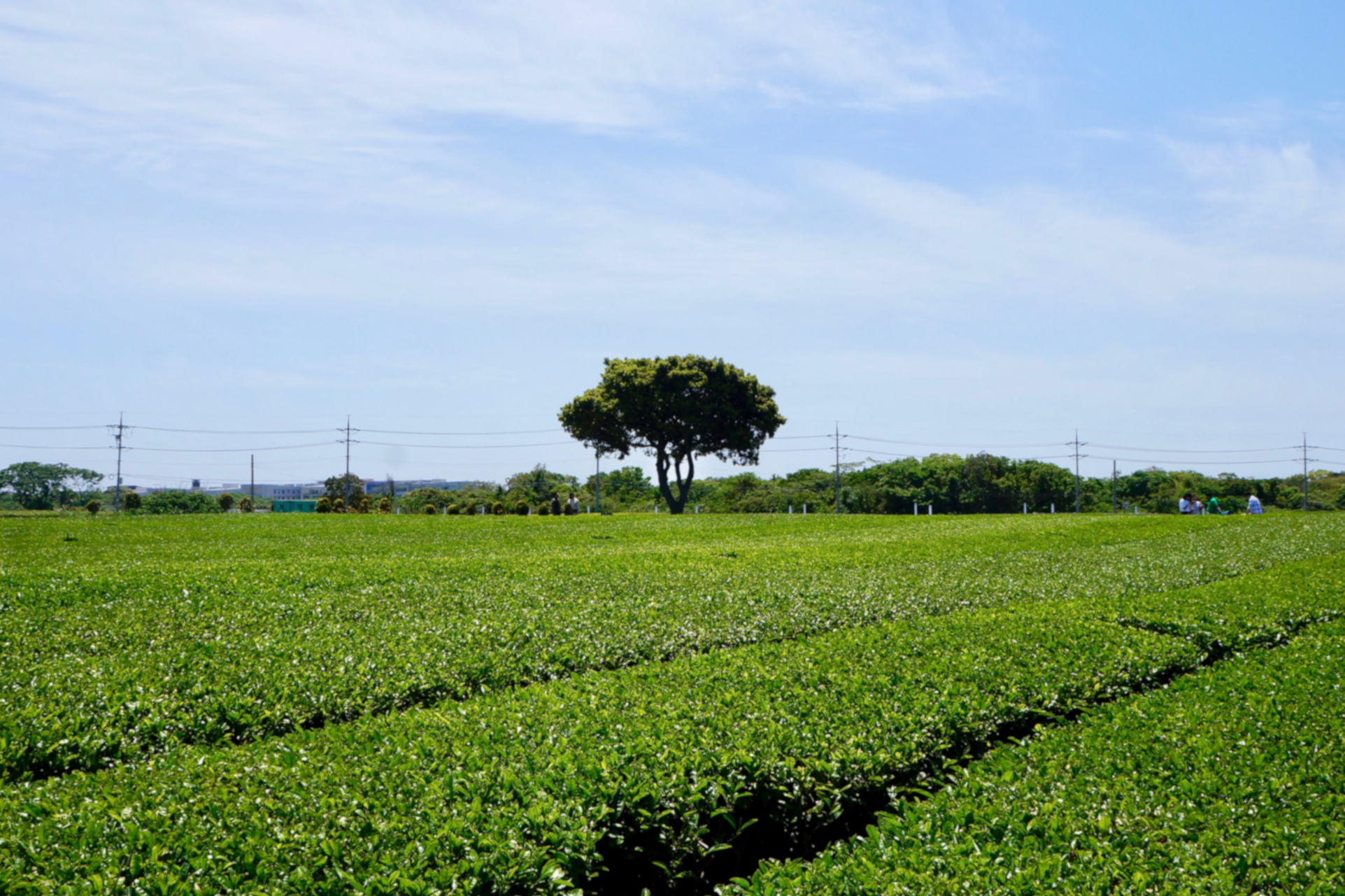Through a plastic barrier, our eyes follow the skilled movements of a food cart vendor in Jeju City’s Dongmun Night Market. Using quick, graceful motions, he shucks fresh abalone and torches them, along with onions and local squash. When the buttery, tender morsels reach our mouths—unseasoned, as suggested by the cook—we can almost taste the pristine waters and clean air that surround this magical place.
A popular vacation and honeymoon destination for mainland Koreans in the 1980s, Jeju Island (twice the size as Singapore) has become internationally recognized for its unique land features and cultural treasures. Among them are the haenyeo—the female divers of Jeju. Driving along the coastal road, you can look for their orange floating markers and fishing nets bobbing in the waves. These impressive free divers can reach depths of up to 10 metres as they harvest shellfish such as abalone and other marine life. The tradition dates back to 1702, when women began to provide for the family as the result of a decline in the male population. Today, many of the haenyeo are grandmothers. With an average age of 75, they’re likely the last generation of this unique cultural group.
In order to best experience the island’s crisp air, head to the top of Seongsan Ilchulbong. Formed by a hydrovolcanic eruption more than 5,000 years ago, “Castle Hill” (as it’s known in English) juts up from turquoise waters. Reaching the top requires a climb up a 600-step volcanic-rock staircase to the edge of the pasture-filled crater, but you’ll be rewarded with a stunning panorama that includes the outline of Mount Halla, the highest peak in South Korea. Jeju’s UNESCO World Heritage triple-crown title consists of Seongsan Ilchulbong, Mount Halla, and Manjanggul Cave (the longest in Asia).
It’s time for a treat and a cultural experience. Head southwest and you’ll discover sweeping fields of green tea thriving in Jeju’s mineral-rich soil, subtropical climate, and clean air. In Seogwipo, the second-largest city on Jeju, Osulloc Tea Museum (run by K-beauty brand AmorePacific) offers a good introduction to Korean tea history and tradition. You can also indulge in one of the museum’s famous soft-serve green tea ice cream cones—a sweet end to an exhilarating day.
Planning your next getaway? Discover more in travel.

